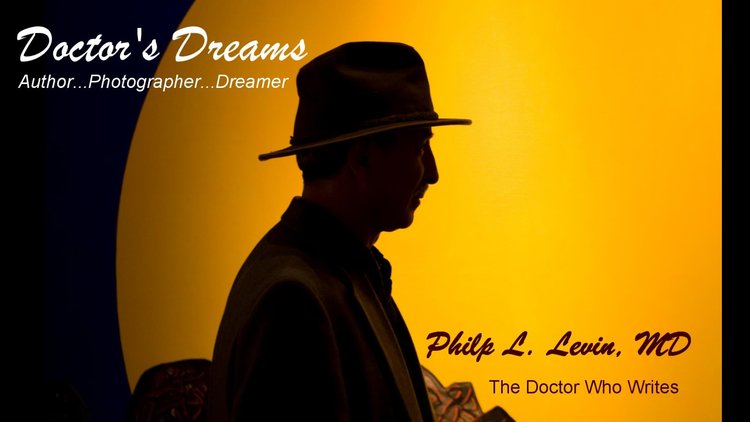I graduated from medical school a few months shy of my twenty-fifth birthday, brash, naïve, and idealistic. Entering a family medicine residency, I discovered that the adrenaline rush of emergency medicine captivated my soul. During the three-year program I moonlighted every chance I got. On graduation I became a full-time E.R. doctor.
For the next forty years I worked in Southern hospital emergency departments, nine years in Texas, thirteen in North Carolina, and seventeen here in Mississippi. From small two stretcher chambers to fifty bed medical centers, from rural bastions to major metropolis’ behemoths. I even worked in faraway vistas, from a leper colony in India, to a sub-Saharan clinic in Kenya, to an obstetrical clinic in the mountains of Peru.
I loved being an E.R. doc. It seemed so … important! Every day, every hour, every patient, I impacted someone’s life. Reassured a worry. Cured a disease. Saved a life. I would leave each shift exhausted, and absolutely certain I had made the world a better place.
I provided care to anyone who came in the door, no matter how trivial their concerns or how desperately ill, whether they had a million dollars or nary a penny. I could treat anyone, no matter their native language, or even if they couldn’t speak. Best of all, with hospital-based resources, most of the time I could actually determine the cause of their medical problems and set them on the road to recovery.
Practically every shift I’d treat a patient with something unusual, either a presentation I hadn’t seen before or perhaps a unique disease. I spent hours perusing medical literature for information about my patients or often just out of curiosity. Every year I had scores of hours of continues medical education (CME) and yearly recertification tests. After all, medicine is an evolving field.
And then, in June of last year, I was retired from the emergency room. For years they’d been easing me out the door. First no night shifts. Thank you very much! Then no trauma. Next down to back-up medical side. Really, they were super-nice about it. But they made it clear it was time to retire, to make way for the younger crowd. And they were right.
Since then, I’ve been working two or three days a week in one of the many Memorial Hospital clinics. So far, I’ve been stationed in 13 different spots. Typically, these might involve a nine-hour shift with one or two patients an hour. It’s certainly an easier life than the 30-patient a day 12-hour emergency room shift.
I’m enjoying my semi-retirement. Bright days of gardening. Quiet afternoons writing. Dinner with my French girlfriend. Time to go visit my grandchildren. And I’m still practicing medicine, still helping people heal. Another stage of life. A good one.
